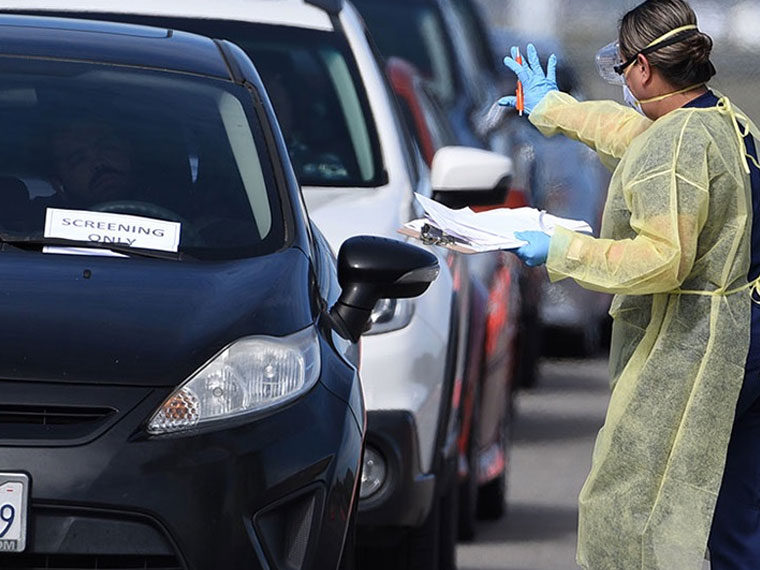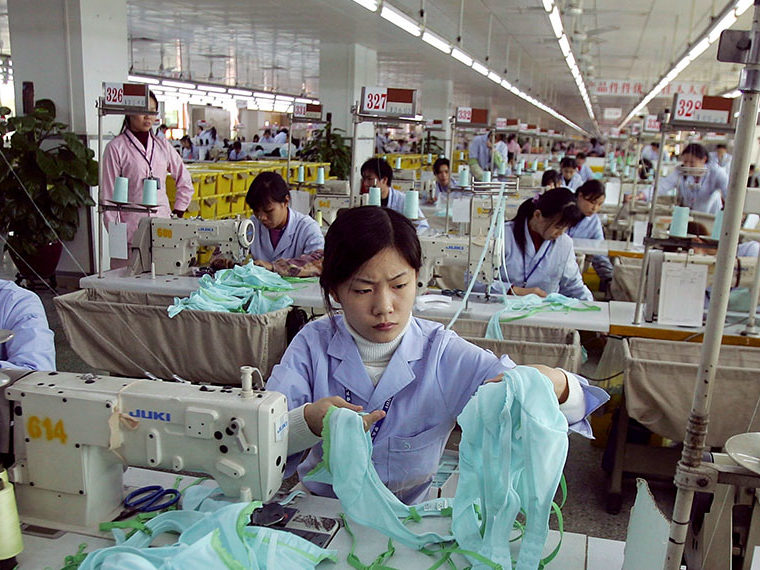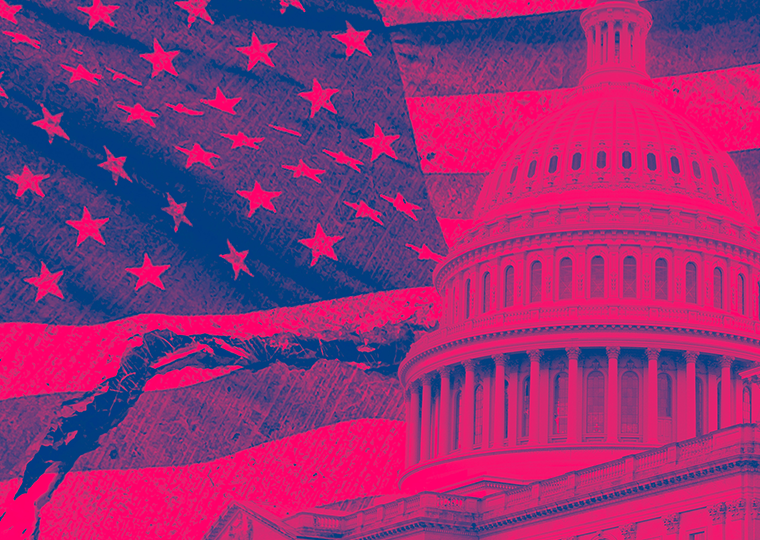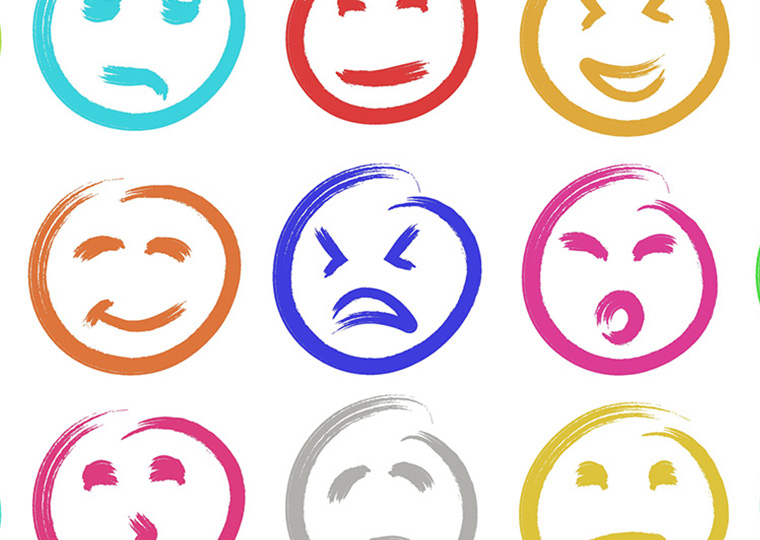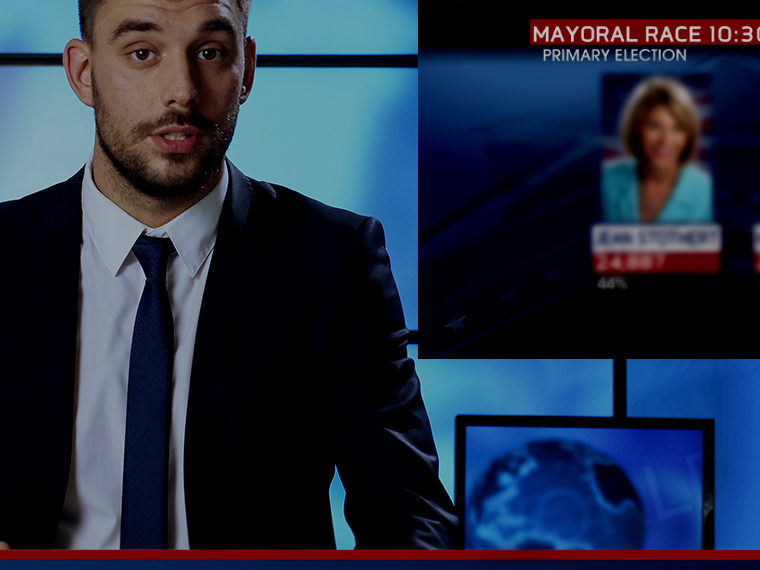The bandwagon effect boosts the top vote-getter in preliminary rounds
In an ideal democracy, the candidate whose values, political platform and skills align best with most voters’ preferences wins the election. However, in reality, voters’ decisions are not just driven by their political preferences.
A study involving thousands of French elections suggests that some voters intend on casting ballots for the ultimate winner and that their behaviors often sway results. This fraction of the electorate is not acting strategically, such as those who abandoned support for Bernie Sanders to elect a stronger candidate for the 2020 U.S. general election, or expressively, such as voters who cast ballots for their top choices regardless. Rather, the authors write in a working paper, these voters are motivated by a desire to be on the winning side.
Analysis by Harvard’s Vincent Pons and UCLA Anderson’s Clemence Tricaud focuses on candidates who received close to identical vote shares in round one of France’s two-round elections for local offices and parliament. The two-round plurality system, which is popular worldwide, qualifies multiple candidates for the first round and eliminates the weakest for a second vote a week later. By focusing on candidates who received close-to-identical numbers of votes but ranked just above or below one another in the first round, the authors can isolate the pure effect of rankings.
Opt In to the Review Monthly Email Update.
Early Wins Count Big
Candidates who place first in round one, even by a tiny margin, are 5.8 percentage points more likely to win the final vote than candidates who were very close seconds, according to the findings. Close seconds sometimes decide to drop from the second round, while candidates ranked first almost always advance. But even when both candidates stay in, the candidate ranked first usually gets more votes. The effects are the largest when the top two candidates have similar political orientations.
Overall, top-ranked candidates take office more often, according to the study. The findings suggest that elections often are won and lost by the rank candidates receive in preliminary races, not by the difference between their political platforms.
“We find that many elections are swayed by a relatively small fraction of voters following their preference to be on the winning side, rather than substantive differences between candidates,” the researchers write. “Our findings indicate that voters’ actual preferences may themselves depend on others’ behavior.”
The findings suggest that polls, primaries and other early indicators of candidate popularity strongly influence election results. These rankings usually determine the cast of candidates on final ballots, and many voters weigh them heavily when casting their votes, the study finds. The results appear to create persistent, sizable advantages for frontrunners in local and national elections that are present regardless of the candidates’ political leanings.
The Power of a Bandwagon
The advantages are not likely caused by differences in campaign spending, media coverage or other qualifying candidates’ decision to drop out, the authors conclude. Instead, they find, early rankings create an influential interplay between candidates making strategic decisions about continuing and voters looking for signs of a winner.
This “bandwagon effect” is a well-documented phenomenon in election studies. Numerous studies show that published polls, early ballot counts, previous race results and other indicators of candidate popularity tend to expand frontrunner leads in ways that suggest voters are pursuing winners rather than ideologies.
In the U.S., concerns that exit polls or winner declarations from the East Coast would influence ongoing voting on the West Coast have led to some agreements among media organizations to withhold that information until West Coast polls close.
Using an especially large and long sample (a total of 22,557 French parliamentary and local elections), Pons and Tricaud demonstrate how such rankings feed both strategic decisions and the bandwagon effect. The effects of public rankings on election outcomes are as common and strong in recent elections as they were 60 years ago, the study finds.
For political candidates, the take-home message from the study is clear: get ahead early. Even very close seconds are hard to overcome.
Featured Faculty
-
Clemence Tricaud
Assistant Professor of Economics
About the Research
Pons, V. and Tricaud, C. (2020) The Large Effects of a Small Win: How Past Rankings Shape the Behavior of Voters and Candidates.
